Eating at a restaurant means you enjoy delicious food, either solo dining or with loved ones, and it also means you have a chance to appreciate and respect the staff working around you. This guide takes a closer look at common dining habits that might unintentionally come across as rude, so you might want to reevaluate your own dining etiquette.
Ignoring the Host or Hostess

When you walk into a restaurant, the host or hostess is often the first person to greet you and set the tone for your visit, and ignoring their welcome or brushing past them without a word can seem dismissive—even if you don’t mean it that way. A quick hello or even just waiting for their instructions shows that you value their role.
Snapping or Waving to Get Attention

We’ve all been in a situation where we need something from our server but can’t seem to catch their eye. However, snapping your fingers or waving frantically is never the solution when making calm eye contact when they’re nearby, or lifting your hand subtly, is much more polite.
Showing Up Without a Booking During Peak Times

Restaurants carefully plan their bookings to ensure they can serve everyone comfortably, and if they’re fully booked, arriving unannounced puts them in the awkward position of either turning you away or scrambling to find space. Sometimes being spontaneous is a part of life, yet turning up at a restaurant during peak hours without a reservation can be chaotic for everyone.
Arriving Late Without Calling Ahead

Traffic, delays, or last-minute issues mean there is always potential for running late, and it’s important to let the restaurant know if you are; otherwise, you can throw their operations out of sync, especially if it’s a busy night.
Tables are often scheduled back-to-back, and your late arrival might leave the next group waiting unnecessarily.
Letting Children Run Around the Restaurant

Bringing along toys, colouring books, or games to keep kids entertained at the table is a win-win for everyone—it keeps them happy and the restaurant peaceful. Allowing children to wander around freely might seem harmless, but it can be dangerous for them and disruptive for the staff and other diners, not to mention the hot plates being carried.
Being Impatient with the Menu
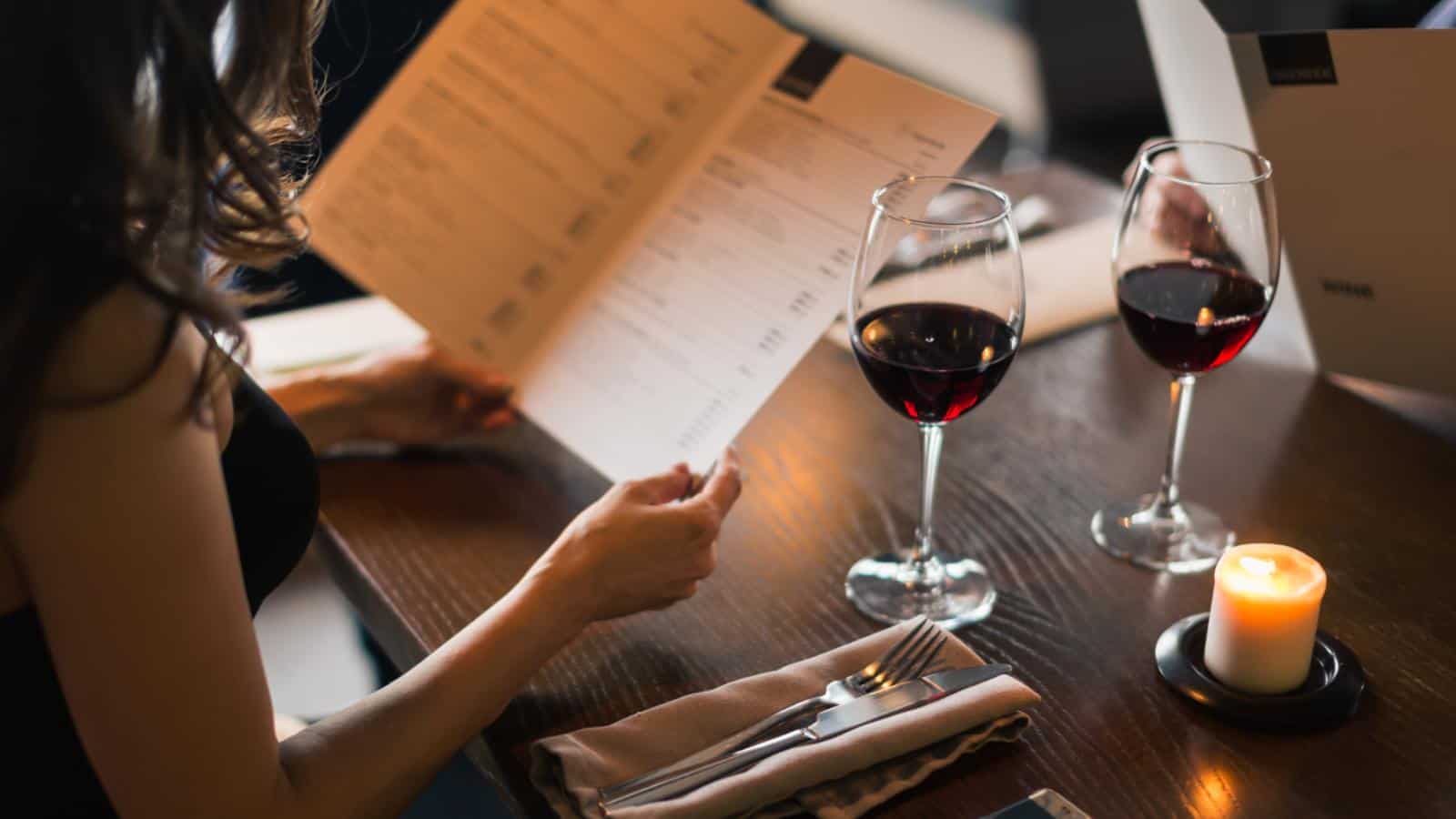
It’s overwhelming deciding what to eat, isn’t it? One thing you shouldn’t do, though, is take that out on the server by demanding immediate recommendations or rushing through your order, as this can be off-putting. Menus are designed to give you plenty of options, so take a moment to browse and think about what you fancy.
Overstaying Your Welcome After the Meal

There’s nothing wrong with lingering over coffee or dessert, but sitting at your table long after the plates are cleared—especially during busy times—can make things tricky for the restaurant. Tables are a limited resource, and hanging around too long might prevent others from enjoying their meal, so remember to look if the restaurant looks packed.
Leaving a Messy Table

If you have kids or make a larger-than-usual mess, letting the staff know or even tidying up a bit can leave a good impression, and additionally, it’s a small way to show appreciation for their hard work.
Nobody expects you to leave the table spotless after your meal, but making an effort to avoid excessive mess is a good thing.
Being Rude About Specials or Availability
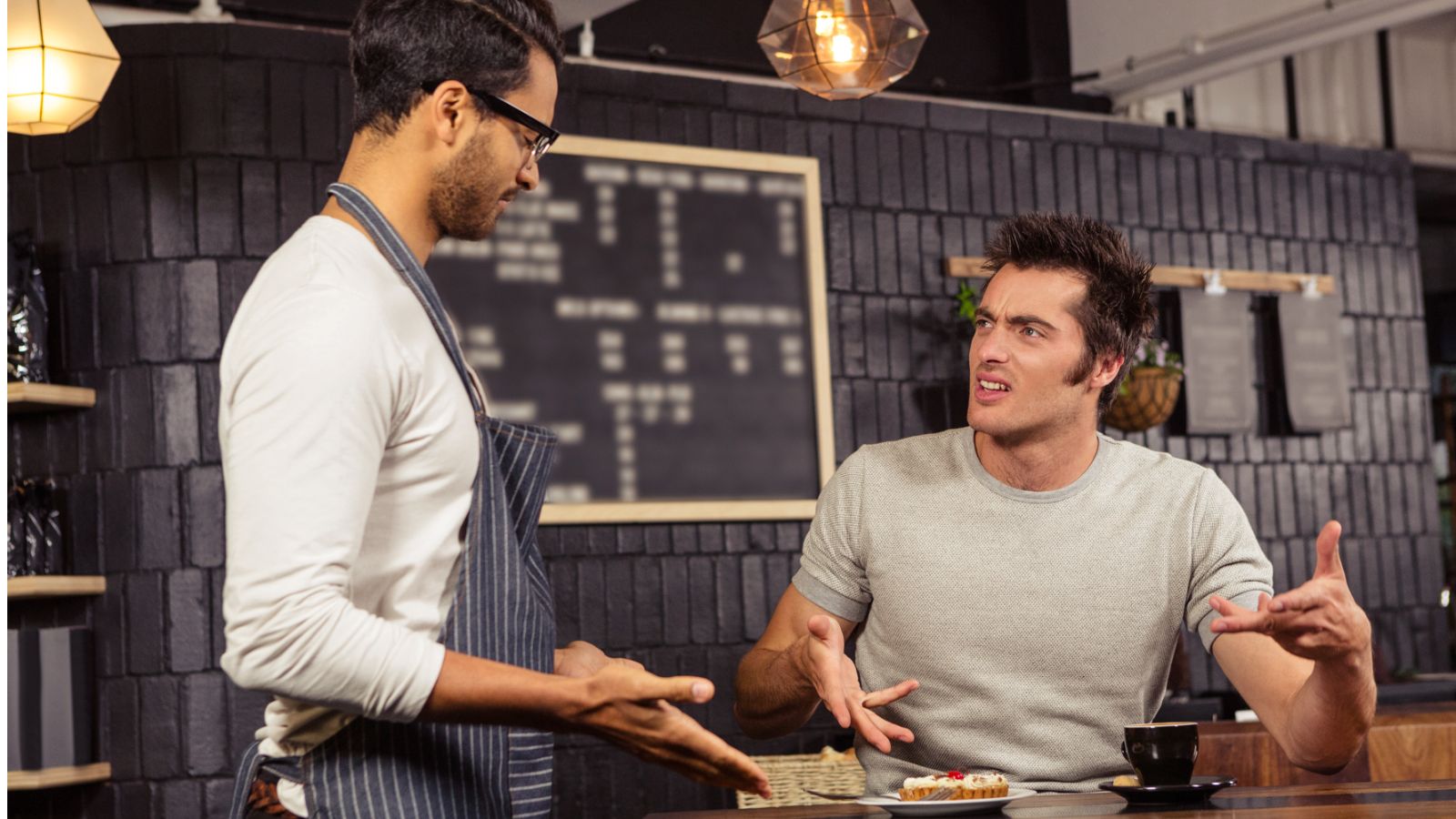
Menus often reflect what’s freshest or most popular, and occasionally, items run out. While it’s natural to feel disappointed when a dish you were looking forward to isn’t available, taking it out on the staff won’t change the situation; remember, the server didn’t personally remove your favourite dish—they’re just doing their best.
Expecting Substitutions for Every Dish

When you’re a diner who has specific needs, mentioning them upfront and being flexible with options shows respect for the effort that goes into creating the menu. It’s okay to make small adjustments to suit dietary needs or personal tastes, but treating the menu like a build-your-own-meal option can frustrate both the kitchen and the server.
Criticising the Service to Someone Who Isn’t Serving You

Sometimes, service doesn’t go as smoothly as you’d hoped. However, venting loudly to others in the restaurant, whether it’s your dining companions or another member of staff, rarely helps when you can quietly address your concerns to your server.
Using Your Phone on Speaker or Loudly

If you need to take a call when you’re out at a restaurant, step outside or lower your voice, while using headphones for media is also a thoughtful way to ensure you’re not disturbing the ambiance. Phones have become a big part of our daily lives, but that doesn’t mean you can’t enjoy a meal without disturbing everyone.
Overcomplicating the Bill Split
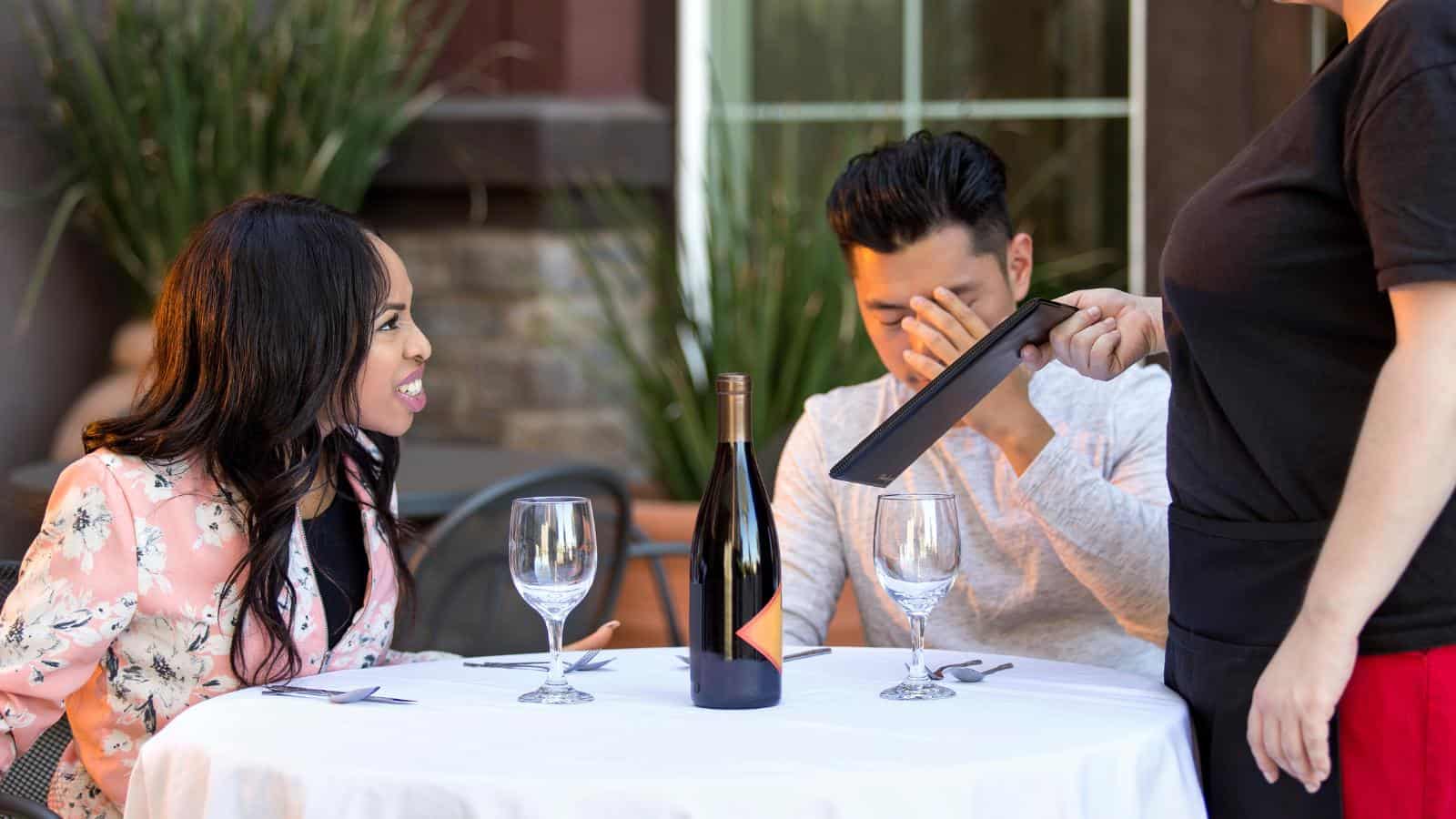
Most people dread the bill part of dining; sorting out the bill can be one of the trickiest parts of dining out with a group, and while splitting it evenly or asking for separate bills is common, going into extreme detail about who ordered what can make the process needlessly long.
If you anticipate splitting the bill, mention it at the start of your meal and keep it as straightforward as possible.
Snubbing a Table You Don’t Like

Unfortunately, the table you’re given might not be quite what you had in mind, and a little kindness and understanding can make all the difference in how your request is handled. Acting dismissively toward the staff or complaining loudly can come off as ungrateful, and remember that moving may not always be possible.
Leaving a Poor Tip for No Reason

While tipping in the UK isn’t as rigid a custom as it is in some countries, it’s still a meaningful way to acknowledge good service, thanks to the fact that servers often rely on tips to supplement their wages. Leaving little or nothing without a valid reason can feel like a slap in the face.
Interrupting a Server Mid-Order
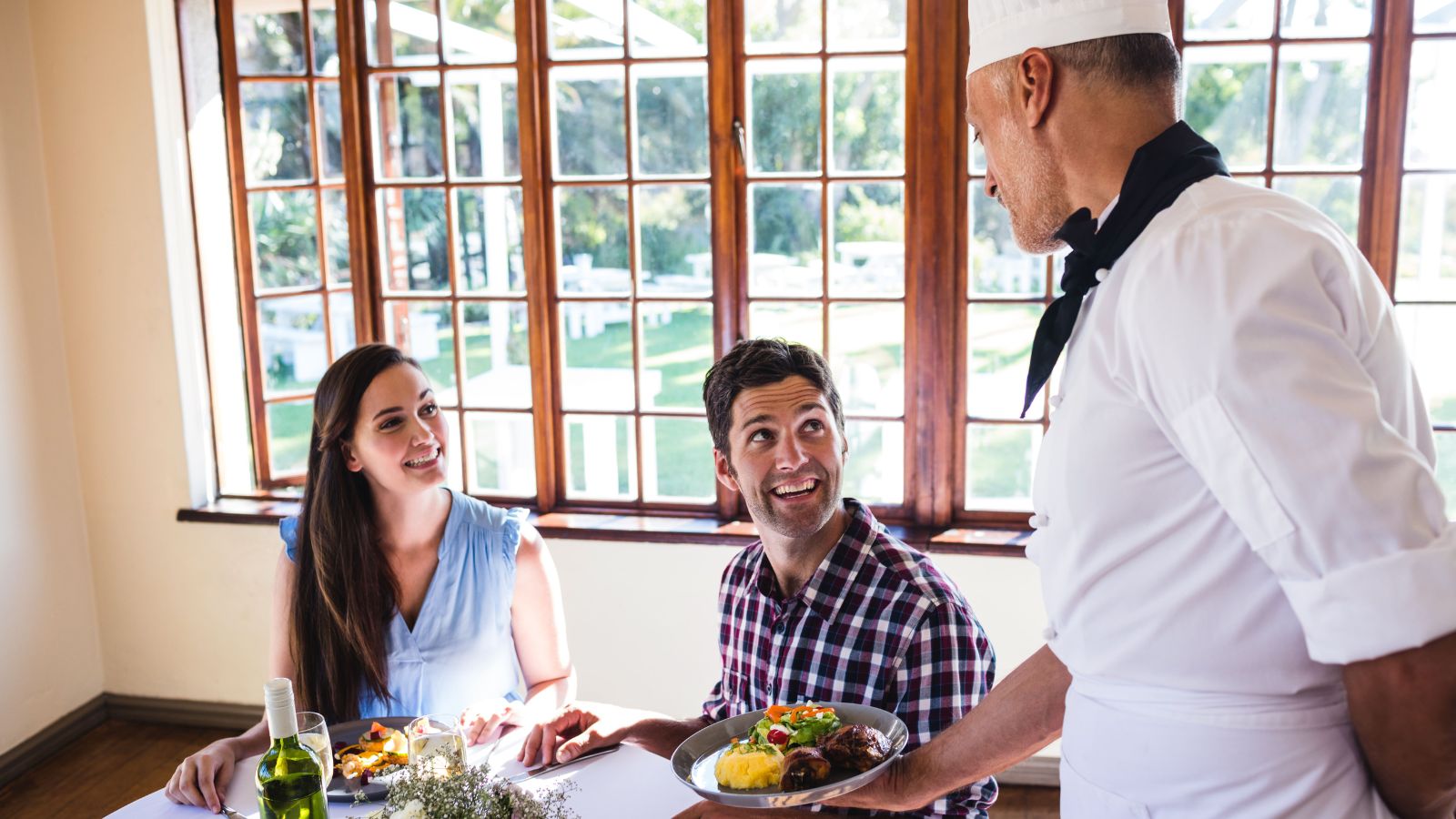
You might not want to interrupt a server mid-order, either, when they’re trained to explain dishes, recommend options, and take your order efficiently. Interrupting them while they’re speaking can disrupt the flow and make the process take longer, so let them finish before you ask any questions.
Making Personal Complaints Publicly
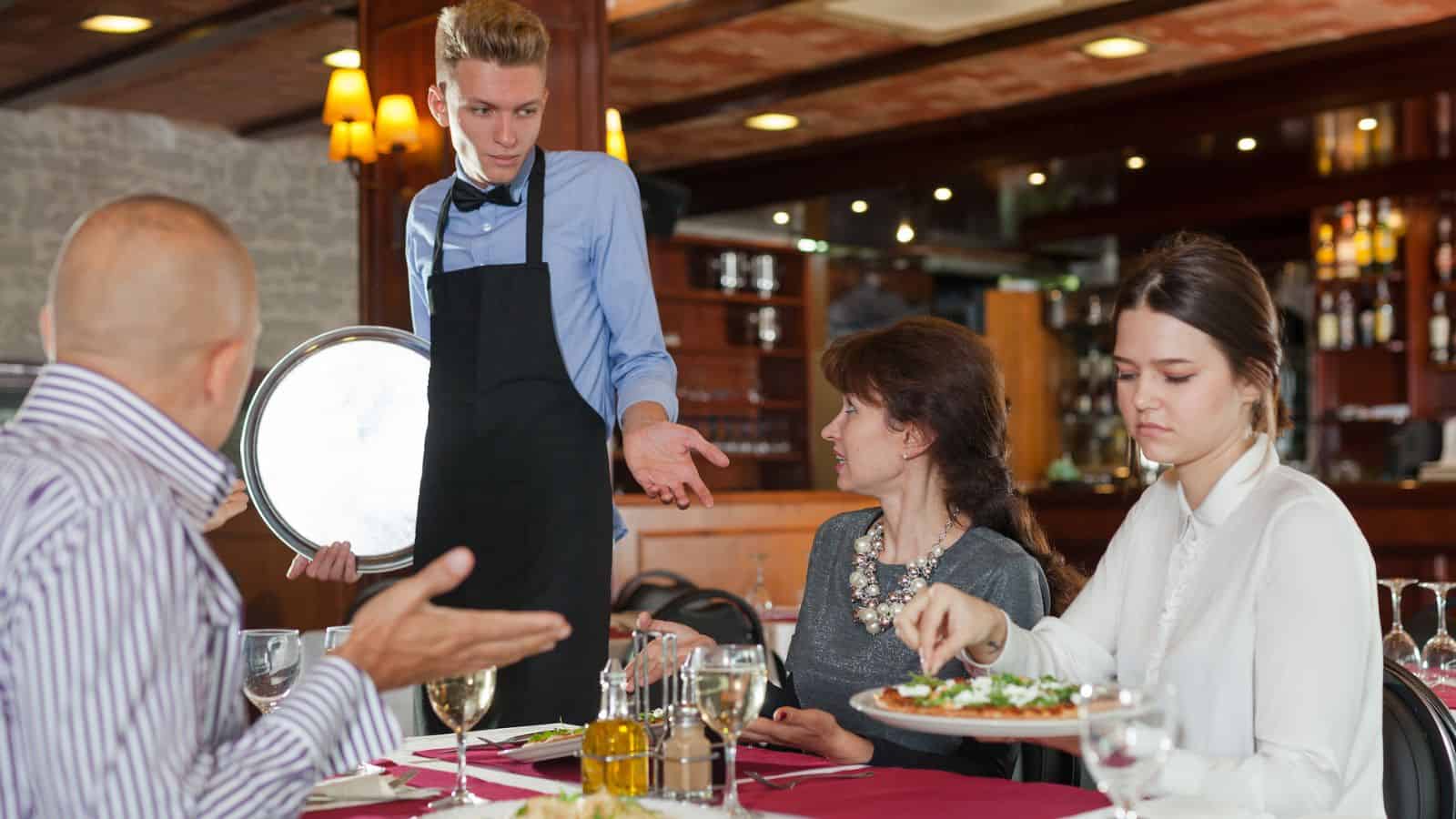
Most restaurants want to make things right when they go wrong, and approaching the situation calmly often results in a better outcome. A mix-up with your order or a delay in service can happen, nevertheless, loudly airing grievances at your table—or to other diners—only creates an uncomfortable atmosphere for everyone.
Bringing Outside Food or Drink

Unless it’s something special, like a birthday cake that you’ve discussed with the restaurant beforehand, bringing outside food or drink to a restaurant is a major faux pas, sending the message that you don’t respect their own menu. Aim to check ahead and stick to what’s on offer unless you’ve been given explicit permission.
Hovering for a Table Without Checking In

One final etiquette tip is to never stand awkwardly near someone’s table, waiting for them to leave, as this is not only rude, but makes them uncomfortable during the rest of the meal they’ve paid for. Your servers will make sure you get a table as soon as possible without disrupting the flow of the restaurant.

